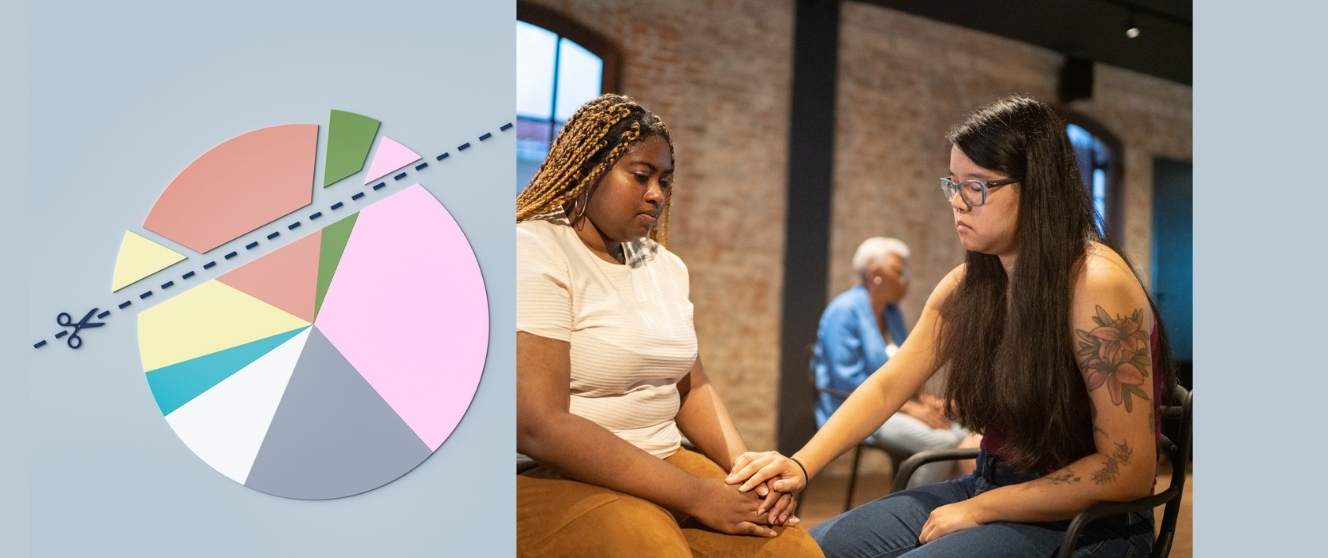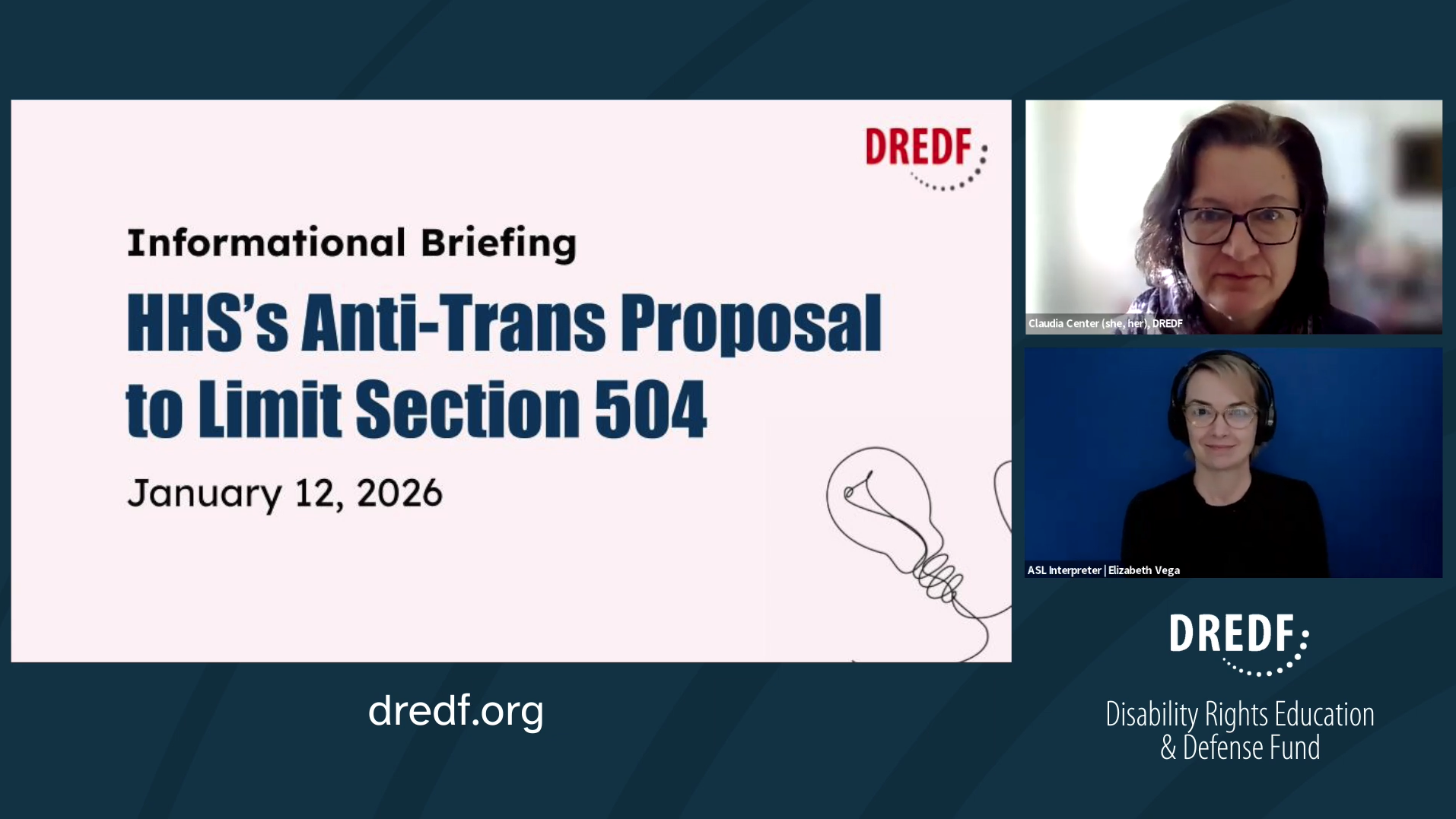
For Immediate Release:
March 26, 2025
OAKLAND, CA – Kaiser Permanente has reached an agreement in California to improve access and effective communication for deaf and hard of hearing Kaiser Permanente members during appointments, groups, and classes that take place on Kaiser Permanente’s Zoom video visit platform.
Over the past several years, including during the emergency situation brought on by the COVID-19 pandemic when telehealth tools proved critical to delivering care, there has been an increase in virtual care. Through the pandemic, about 40% of Kaiser Permanente’s ambulatory care visits were quickly converted to video or telephone appointments, with an average of approximately 30,000 video visits completed per weekday. When concerns about access and effective communications were raised by deaf and hard of hearing members, Kaiser Permanente promptly started engaging with representatives of the deaf and hard of hearing community to address improvements to the video platform. Commenting on the settlement, Tom Hanenburg, Senior Vice President, Ambulatory Care, stated, “This Settlement Agreement reflects Kaiser Permanente’s track record of understanding and meeting the needs of our members, patients, and the communities we serve. Expanding access and communication preferences in our telehealth platform demonstrates our commitment to provide accessible health care services to all members.”
Leah Bornstein, a deaf Kaiser Permanente Member who entered into the agreement, said: “Effective and equitable communication for deaf and hard of hearing patients is essential to health care – including mental health care. By working together with Kaiser on the above practices, we’ve taken a significant step toward improving accessibility and equity in virtual health care for deaf and hard of hearing members. Kaiser’s commitment to rolling out these changes has made it easier for me to access the care I need through telehealth services.
Under the agreement, Kaiser Permanente members who are deaf or hard of hearing can have their communication needs met for video visits and include their preferences on their member profiles. Members can select sign language, sign language with a deaf interpreter, automatic captioning, professional captioning, or a combination of the preferences. Kaiser Permanente will implement these preferences into video appointments, video groups, and video classes. Kaiser Permanente’s video appointment platform is now configured for integrated captioning and interpreters and allows participants to chat or view and pin other participants. Kaiser Permanente is also taking measures to ensure its third-party providers of groups and classes provided via video use a platform with these accessibility features. Kaiser Permanente will also train all staff who schedule or participate in video appointments, groups, and classes on how to implement the member’s communication preferences into video visits.
Leah Bornstein is represented by Disability Rights Education & Defense Fund and Dardarian Ho Kan & Lee (formerly Goldstein Borgen Dardarian & Ho). Kaiser Permanente is represented by Seyfarth Shaw LLP.
Press Contact:
Tina Pinedo, Communications Director
Disability Rights Education and Defense Fund
510-225-7726
media@dredf.org


